Water pollution is an ever-present problem in the modern world, including in the United States. Globally, 44% of all wastewater is released into the environment without being treated. About 51% of US rivers are too polluted to meet safety standards for swimming, recreation, fishing, or drinking. Here in New York City, approximately 21 billion gallons of raw sewage enter our coastal waters annually. All of this, of course, is a very serious problem for both wildlife and human health. Thankfully, as an NYC business owner or resident, you can help solve this problem by implementing sustainable grease waste management practices. Read on to learn from our A&L Cesspool experts about the threat of grease waste pollution and the measures you can take to fight against it.
The Threats of Grease Waste Pollution
Harming Aquatic Wildlife
Grease waste is primarily made of fats, oils, and grease (FOG), and also includes chemicals and pathogens. These substances can destroy aquatic ecosystems and sicken wildlife in multiple ways. For instance, the organic materials in FOG can lead to blooms of dangerous microorganisms that deplete the oxygen levels, causing fish and other aquatic life to suffocate. In addition, wildlife can become sick from ingesting oil and harmful chemicals in the water. Improperly treated grease waste can also cause clogs and sewer overflows, releasing raw sewage into waterways and exacerbating these other problems.
Polluting Drinking Water and Recreational Waterways
Improperly managed grease waste can make your local rivers, lakes, ocean water, and drinking water unsuitable and unsafe for drinking and recreation in many of the same ways it can make water unsafe for wildlife. Ingesting or swimming in water that is contaminated with oil, pathogens, and raw sewage is highly hazardous to human health. Grease waste pollution also threatens fishing opportunities by killing off the fish through suffocation and poisoning. Plus, even if fish do survive, they can be rendered unsafe for human consumption, as poisonous chemicals will have built up in their system over time.
Air & Soil Pollution
Grease waste can also pollute soil and air if it is not properly managed. If grease is dumped in your yard, or even into a landfill, it can alter the composition of the soil, making it unsuitable for plant growth and contaminating plants that do manage to grow. Grease waste can also pollute the air inside your business. When grease and oil are allowed to accumulate in your grease trap for too long, they can release harmful methane and hydrogen sulfide into your air, causing respiratory issues. Grease that is allowed to accumulate in water can also release these same chemicals into the air above and near those bodies of water.
Sustainable Grease Waste Management Tips
You can help fight back against the scourge of grease waste pollution by following these six sustainable grease waste management tips.
- Install grease traps in your kitchen plumbing systems.
- Schedule professional grease trap cleaning appointments with A&L Cesspool at least every three months to successfully keep your system clean. This is essential if you want to maintain sustainable grease waste management for your business or home.
- Never pour excess grease or cooking oil down drains or toilets. Instead, take advantage of A&L Cesspool’s free cooking oil pick-up service, which includes free used cooking oil storage containers.
- Schedule regular inspection and repair appointments for your grease trap with A&L Cesspool.
- Avoid the use of grease trap additives. While these products claim to break down grease, in actuality, they often fail to prevent clogs and backups. Grease trap additives can also be harmful to the environment in their own right.
- Follow all local, state, and federal environmental regulations regarding your grease waste to ensure sustainable grease waste management.
How A&L Cesspool Can Help
Do you need your grease traps cleaned out? A&L Cesspool cleans grease traps of every size with our high-capacity truck. We also run the only grease waste transfer station in New York City. Give us a call today so we can solve your sustainable grease waste management problems.



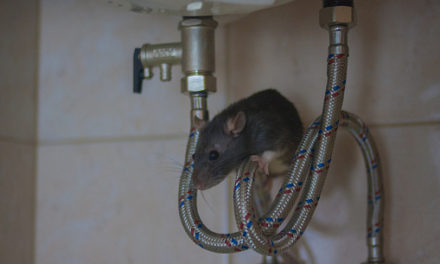
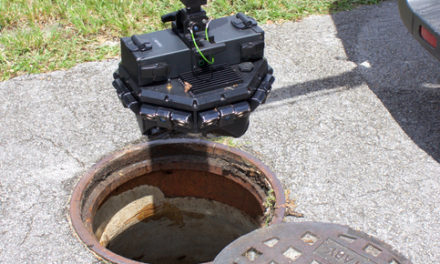
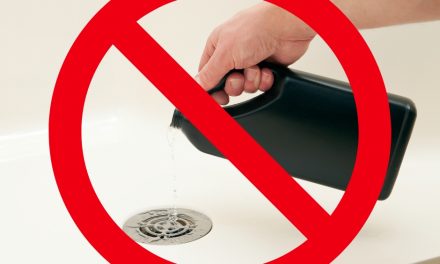
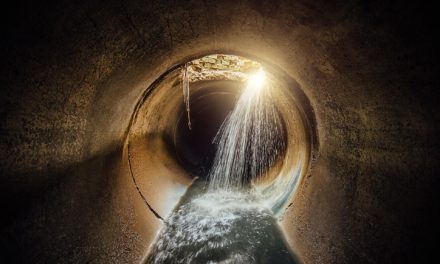
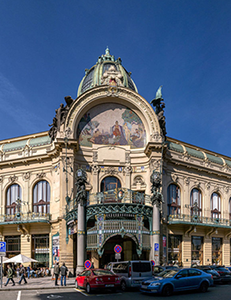


Trackbacks/Pingbacks